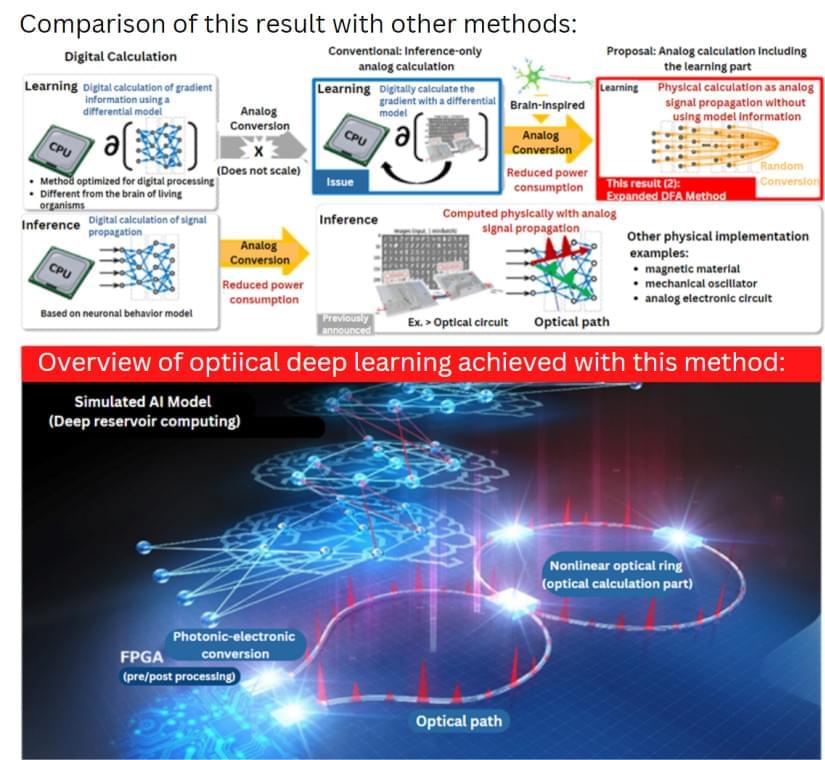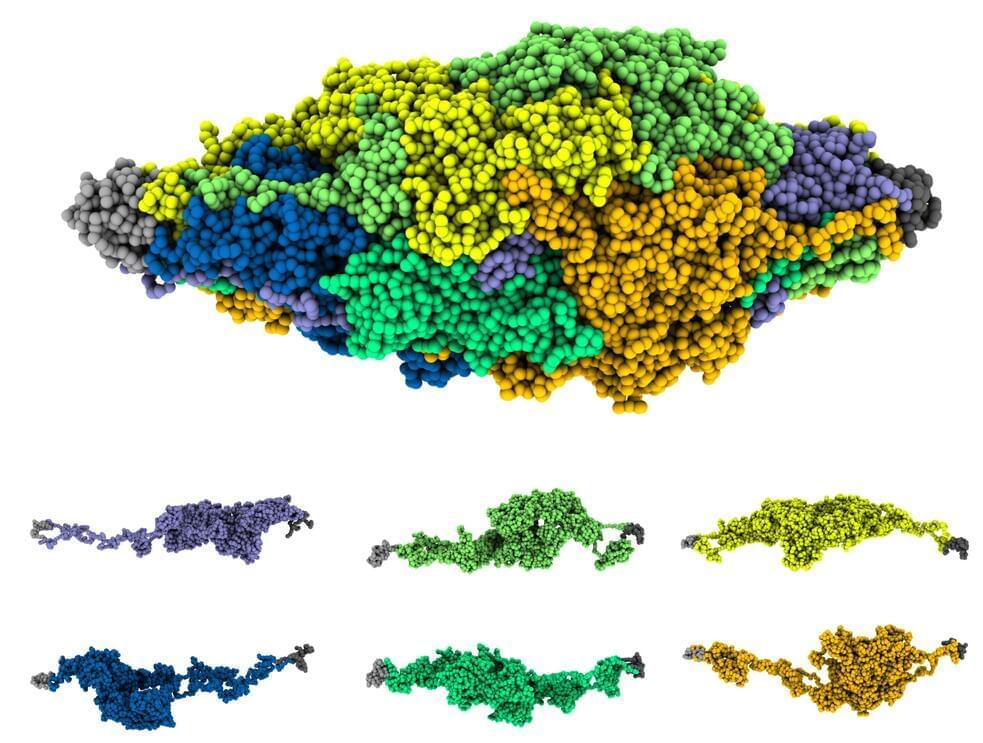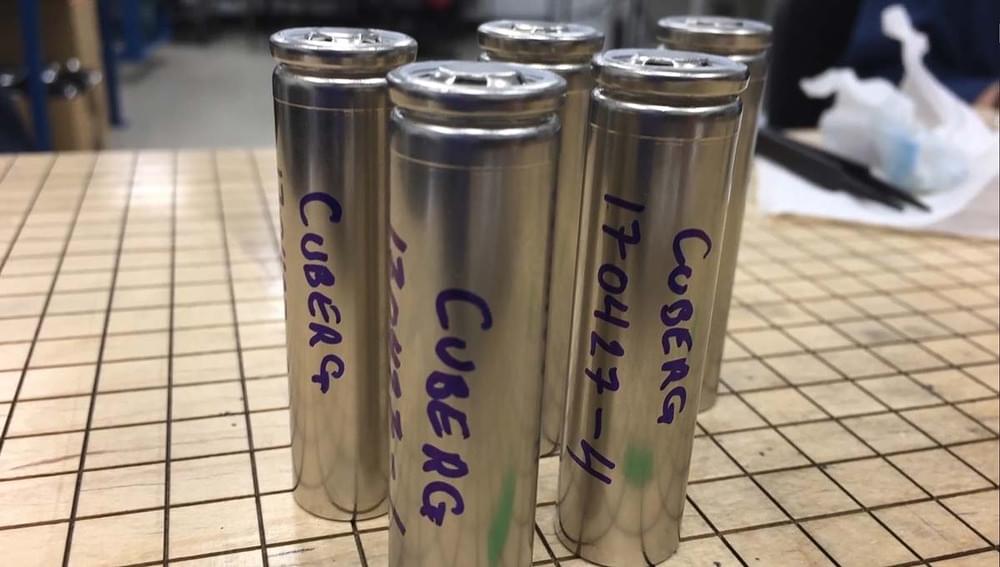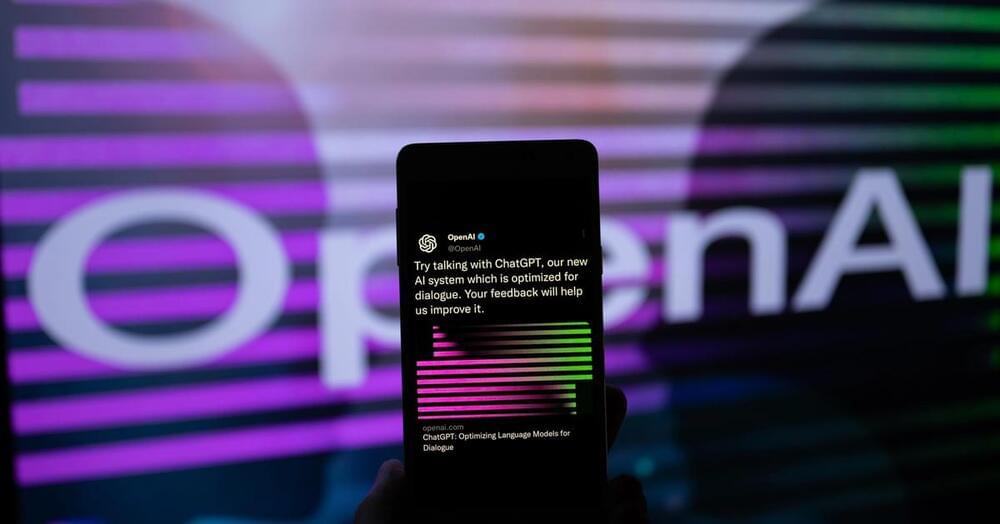Feb 12, 2023
Streamer Brings Deepfake Youtubers on Twitch for Next-Level Entertainment
Posted by Kelvin Dafiaghor in categories: business, entertainment, robotics/AI
Deepfake technology has been around for some time, and it’s currently causing controversies for the potential threats it may bring when fallen into the wrong hands. Even India’s business tycoon Anand Mahindra sparked alarm over hyper-realistic synthetic videos.
But some personalities are redefining the way viewers perceive deepfakes. For instance, David Guetta recently synthesized Eminem’s voice to hype up an event. And it’s only one of the many examples of people using artificial intelligence (AI) for entertainment. In fact, it already came to different social media websites like Twitch that take streaming to the next level.
Bachir Boumaaza is a Youtuber who once made a name for his record-breaking games, which he used to help numerous charities. But he became inactive, with most of his fans wondering where he went, thinking it might’ve been the end of his career.


















